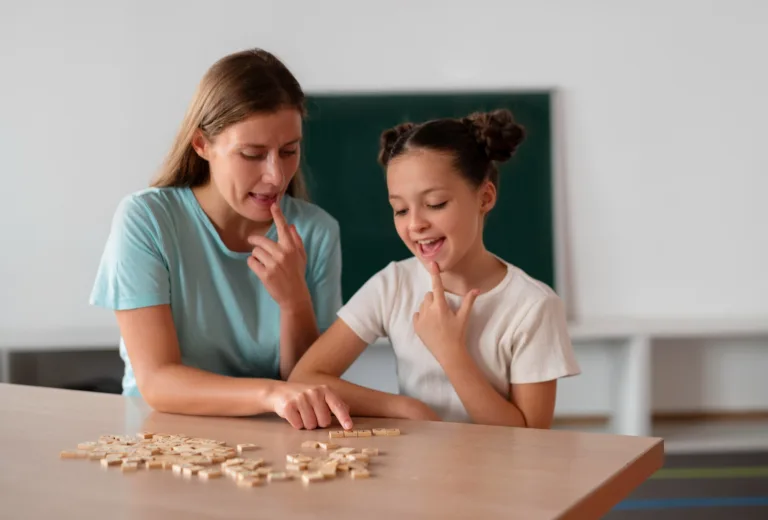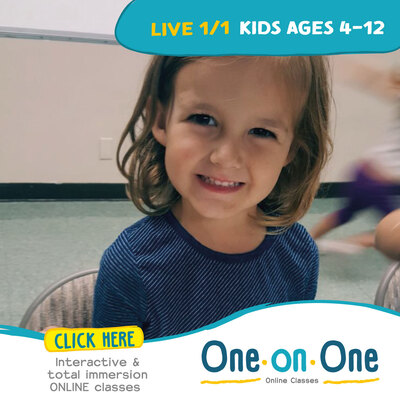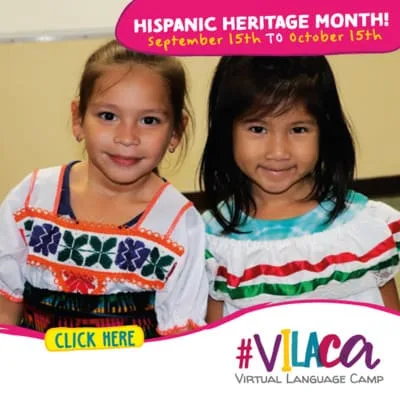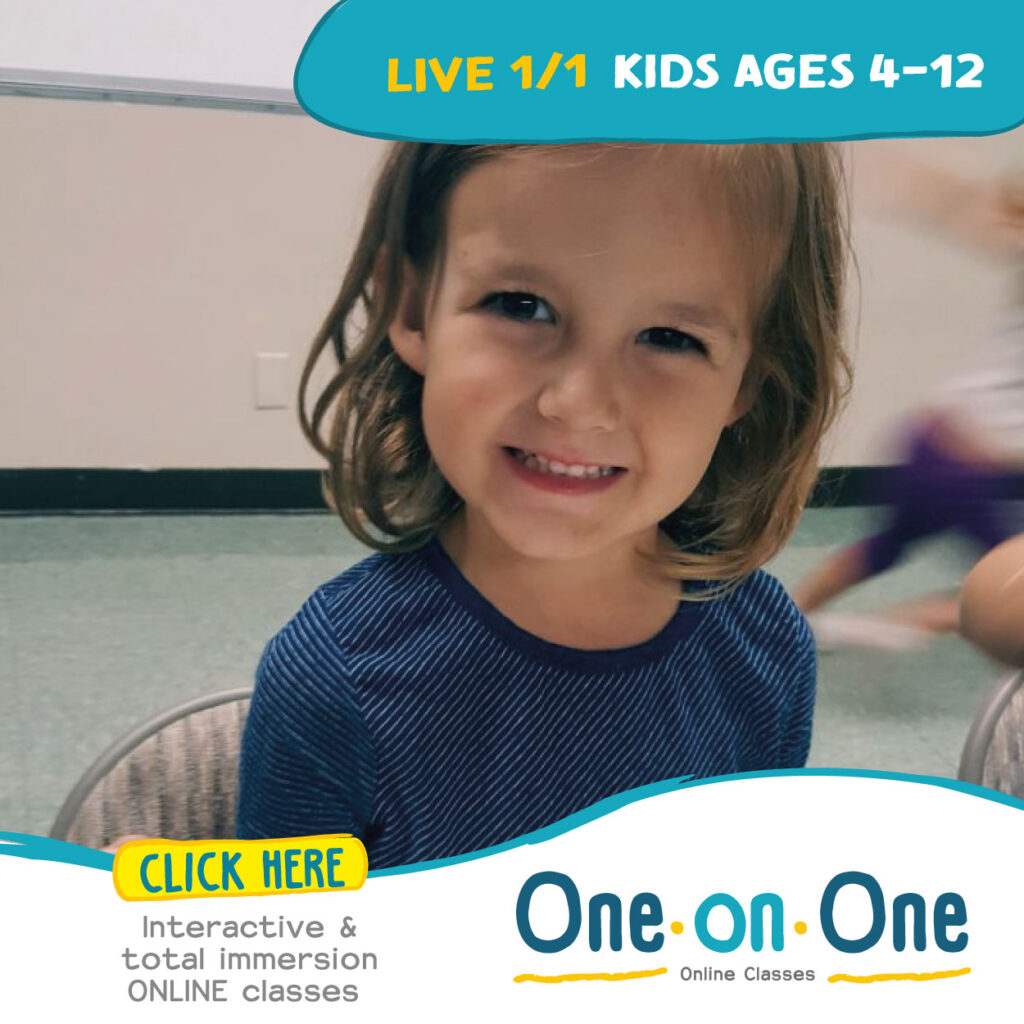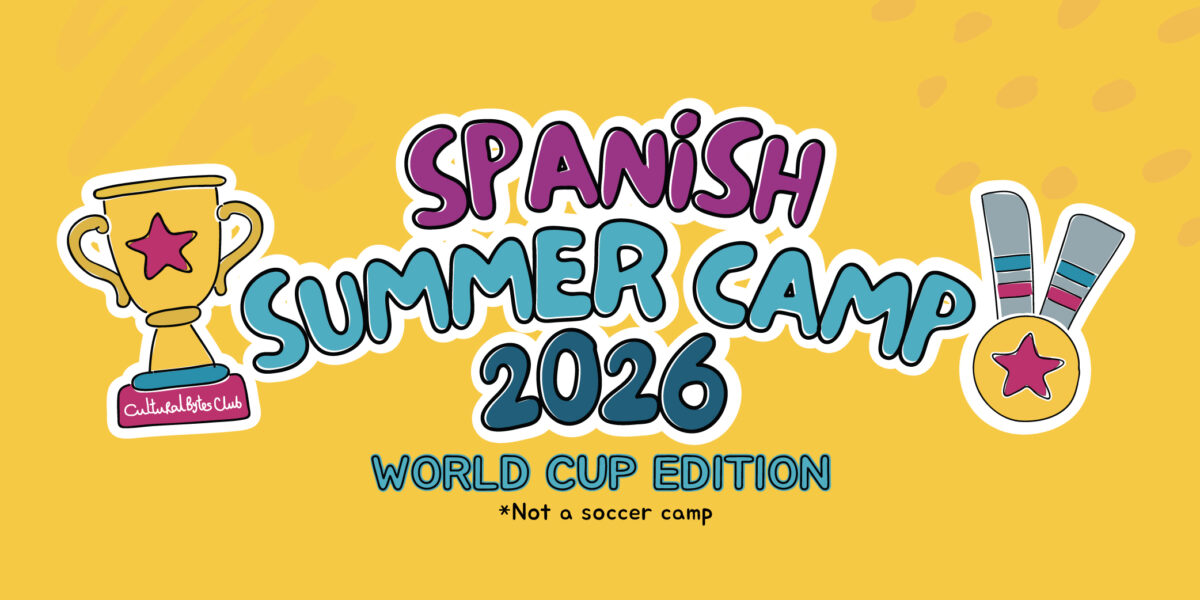Telling a friend about your day, asking for directions, following a recipe for a delicious dinner. How did basic communication in your native language suddenly become so difficult in Spanish, your tongue twisting into knots in your mouth, your confidence plummeting? The good news is, that just like any other muscle in your body, with time, repetition, and persistence, you can train your tongue to pronounce Spanish properly! Here are some tips and exercises to master your Spanish pronunciation.
1. Master the Alphabet
When you’re starting out learning a new language, no task is too simple. Spanish and English use mostly the same letters, but Spanish uses ñ and rr which have different pronunciations than you may be used to. Understanding and mastering the basic pronunciation of the Spanish alphabet will help you master the language. Search YouTube or check out this video HERE to learn the alphabet.
2. Listen, Listen, Listen
Exposing yourself to as much Spanish audio as possible, such as audiobooks, cartoons, radio, and music will help train your ear for what proper pronunciation sounds like. Instead of allowing yourself to become overwhelmed by the speed of the language and how many words you don’t recognize or how far your pronunciation is from them, go into this with the mindset that you
3. Tongue Twisters
Called ‘Trabalenguas’ in Spanish, Tongue Twisters are a great way to get your mouth moving in new and unfamiliar ways with alliteration and similar sounds. Try out the tongue twisters below and click on the link to hear their pronunciation.
Compadre, cómprame un coco
Compadre, cómprame un coco.
Compadre, no compro coco,
Porque como poco coco como,
Poco coco compro.
https://www.youtube.com/watch?v=l8JwgcGro6o
Tres tristes tigres tragan trigo en un trigal.
Translation: Three sad tigers swallow wheat in a wheat field.
https://www.youtube.com/watch?v=-q3DJAtzPJ8
4. Rolling Rs
This is, without a doubt, the most difficult Spanish sound for English speakers to master, but it is important to do so for clear communication. In Spanish, the difference between “Caro” (expensive) and “carro” (car) is that tricky little rolling R. Two tips we have to train your tongue and mouth for the sound are:
- Blow air out and allow your lips to flap as if you were saying “brrrrr, its cold.
- Place your tongue on the top of your mouth behind your teeth and say words that start with d, emphasizing the ‘d.’ This is where your tongue will be for the rolling R.
If you’re still struggling, check out THIS VIDEO for some additional help.
5. Play Word Games
Playing word games are great for your Spanish acquisition as a whole. They emphasize vocabulary, strengthen listening skills, allow for pronunciation practice, and you will have a lot of fun playing them.
- A. Word Association Game
In this game, one person starts by saying a word in Spanish, and the next person must say another word in Spanish that is related to that word. For example, one person says “coche” (car) and another person could say “puerta” (door). “Llave” (key), “casa” (house), “room” (habitación) – the game can go on and on, so long as the words connect.
- The Telephone Game
You’ve probably played this game in English before. One person thinks of a phrase and whispers it in the ear of the person next to them. The message gets passed from person to person until the final person speaks the phrase out loud, usually with the result of a very different sentence than the beginning one. Play this game, but use Spanish instead of English for some hilarious fun and pronunciation practice.
6. Record and Review
It’s a good practice to record yourself speaking a word, play back the recording, and compare your pronunciation with the official pronunciation.
Don’t be discouraged if you stumble over words or don’t sound like a native speaker right away. The language learning process builds upon itself as your listening, reading, and speaking skills all grow and work together to move you toward fluency. If you want to practice your pronunciation with a native Spanish speaker, check out our One-on-one classes, or sign your child up for our ViLaCa (Virtual Language Camp).

